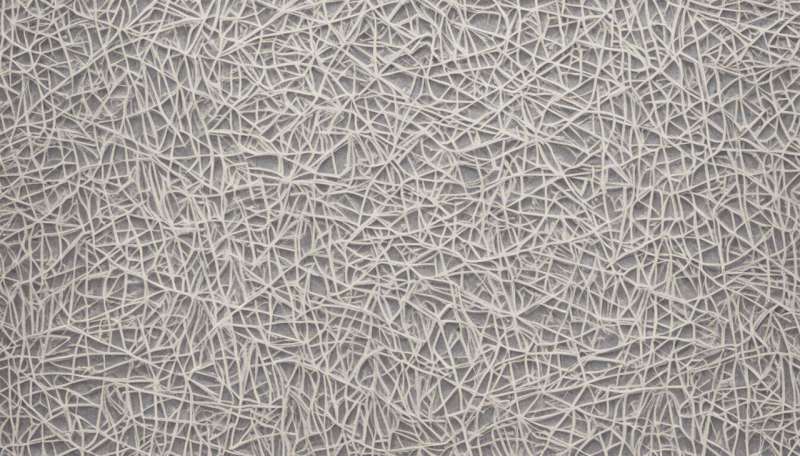Journalists acting as 'referees' could prevent the spread of fake news

With fake news, alternative facts and false beliefs currently damaging our social and political landscape, EU researchers are examining whether journalists can be effective as adjudicators, pointing out untruths and separating facts from fiction.
Misperceptions, fake news and false beliefs are everywhere today. They have the power to distort public opinion and can have a major impact on policymaking and government decisions. According to a recently published paper by the EU-funded DEBUNKER project, however, journalists can help change that. The project, which focuses on investigating misperceptions and false beliefs, found that journalists could help prevent the spread of false beliefs by taking a more assertive role in their reporting. They can adjudicate arguments by fact checking the information presented and revealing any untruths, and still be perceived as unbiased by their readers.
Facts over fiction
As part of the experiment, a news article about a relatively neutral issue was given to participants to read, featuring viewpoints from two rival political parties. The article also contained a fact-checking paragraph, where the journalist investigated the accuracy of both sides' claims, giving the readers a clearer picture of the story.
The scientists feared that the fact-checking paragraph could cause staunch party supporters to become even more strongly attached to the fake statements issued by their preferred political representative. Previous research has shown that often, corrective actions actually make misperceptions worse, not better. But in fact, they found that participants on the whole believed the journalists rather than the politicians.
The reason that journalists often fail to include these fact-checking and analysis points is because they fear being accused of bias. However, the study revealed that the readers still considered the journalist to be impartial. In addition, they thought themselves to be better informed about the issue than those in a control group that had received a regular 'he said, she said' article, that presented the two opposing views but with no commentary, fact-checking or further analysis.
Fake news and politics
The finding means that journalists should have the confidence to call out misperceptions and 'alternative facts', according to the researchers. False beliefs are much more difficult to shake once they have taken hold, so conscientious and critical reporting could be one way to slow down or prevent their spread. However, as the study only involved a relatively neutral issue, the results may not hold true for more controversial and polarised topics.
The DEBUNKER project (The Problem of European Misperceptions in Politics, Health, and Science: Causes, Consequences, and the Search for Solutions) particularly focuses on misinformation being spread about climate change, vaccinations and immigration. Its scope involves assessing the levels of misperception in Europe, developing approaches and techniques for tackling false beliefs and figuring out effective strategies to correct them. The findings can then feed into future policies and strategies.
More information: Project page: cordis.europa.eu/project/rcn/204137_en.html
Provided by CORDIS


















